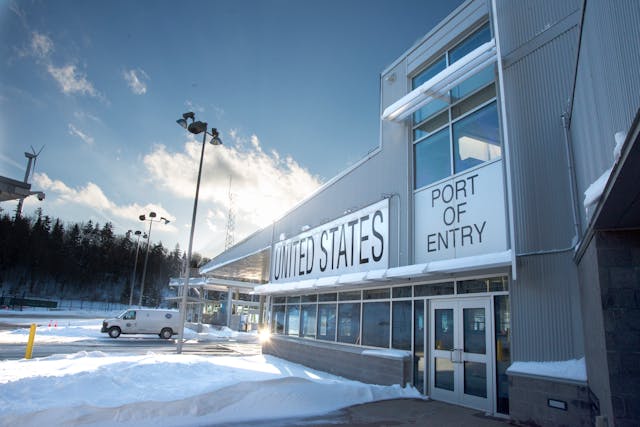By Student Consultants – studentconsultants.com.au
Driving in Australia can offer international students flexibility and convenience in their daily lives, especially in areas where public transport may be limited. However, it’s essential to understand the rules and legal requirements surrounding the use of overseas and international driver licences before getting behind the wheel. This guide outlines everything international students need to know about driving legally and safely in Australia.
Who Can Drive in Australia with an Overseas Licence?
Australia allows many visitors, including international students, to drive using a foreign driver’s licence if it is current and valid. However, the eligibility and duration you can drive with it depend on the state or territory you are living in.
Generally:
- You can drive with your overseas licence as long as it is in English or accompanied by an official translation or an International Driving Permit (IDP).
- If your licence is not in English, you must carry either an official English translation or a valid International Driving Permit alongside your original licence.
Country Eligibility
Most countries with recognised licensing systems, such as the UK, USA, Canada, New Zealand, India, Pakistan, China, Malaysia, and European countries, are eligible to drive in Australia on their home country licences. However, some countries may require a driving test or verification process when applying for a local licence.
You can check eligibility on your respective state or territory transport authority website, such as:
- NSW: www.nsw.gov.au
- VIC: www.vicroads.vic.gov.au
- QLD: www.qld.gov.au
- WA: www.transport.wa.gov.au
- SA: www.sa.gov.au
- ACT: www.accesscanberra.act.gov.au
- TAS: www.transport.tas.gov.au
- NT: www.nt.gov.au
How Long Can International Students Drive with a Foreign Licence?
The period you can drive using an international or foreign driver’s licence varies by state. Most states allow international students to drive with their foreign licence for up to 3 to 6 months after arriving in Australia. After this period, you are typically required to obtain a local Australian driver’s licence.
Example:
- Victoria (VIC): Up to 6 months (VicRoads)
- New South Wales (NSW): Up to 6 months (Service NSW)
- Queensland (QLD): As long as you remain a temporary visa holder (QLD Govt)
- South Australia (SA): Up to 3 months (MyLicence SA)
Converting to a Local Australian Driver’s Licence
If you’re planning to stay longer or your foreign licence validity has expired, you must apply for an Australian licence. Here’s a general process:
- Book a Knowledge Test: You’ll be required to pass a written road rules test.
- Undertake a Driving Test: In some states, you may need to pass a practical driving assessment.
- Provide Proof of Identity: Passport, visa, and address documents are usually needed.
- Submit Your Licence: Your original foreign licence may be returned or retained depending on the authority.
Check your state’s conversion process:
What is an International Driving Permit (IDP)?
An International Driving Permit (IDP) is a translated version of your existing driver’s licence and is recognised in over 150 countries, including Australia. It is not a standalone licence and must be carried along with your original licence.
In Australia, IDPs are valid for up to 12 months. You can obtain one from your home country’s authorised licensing authority before you travel.
Useful Tips for International Students Driving in Australia
- Drive on the left side of the road.
- Always carry your driver’s licence, IDP (if required), and passport or student visa.
- Australia has strict drink-driving laws. The legal blood alcohol limit is 0.00–0.05, depending on the state and licence type.
- Speed limits vary, so observe road signs carefully.
- Consider getting car insurance, especially third-party or comprehensive cover.
- In regional areas, be cautious of wildlife, especially at dawn or dusk.
Summary of Key Points
| Requirement | Details |
|---|---|
| Drive with foreign licence | Allowed in most states (3–6 months) |
| Licence translation | Required if not in English |
| International Driving Permit (IDP) | Valid for up to 12 months |
| Licence conversion | Required after allowed driving period |
| State laws | May differ – check local authority websites |
Disclaimer
While every effort has been made to provide accurate and up-to-date information, Student Consultants takes no responsibility for the accuracy, completeness, or timeliness of the information provided in this article. Rules and regulations may change without notice. Always refer to the official state or territory transport authority websites for the latest updates and legal requirements before driving in Australia.
If you are an international student planning to study or already living in Australia and need guidance on legal or practical matters like driving, feel free to contact us at [email protected] or visit studentconsultants.com.au for more resources and support.











